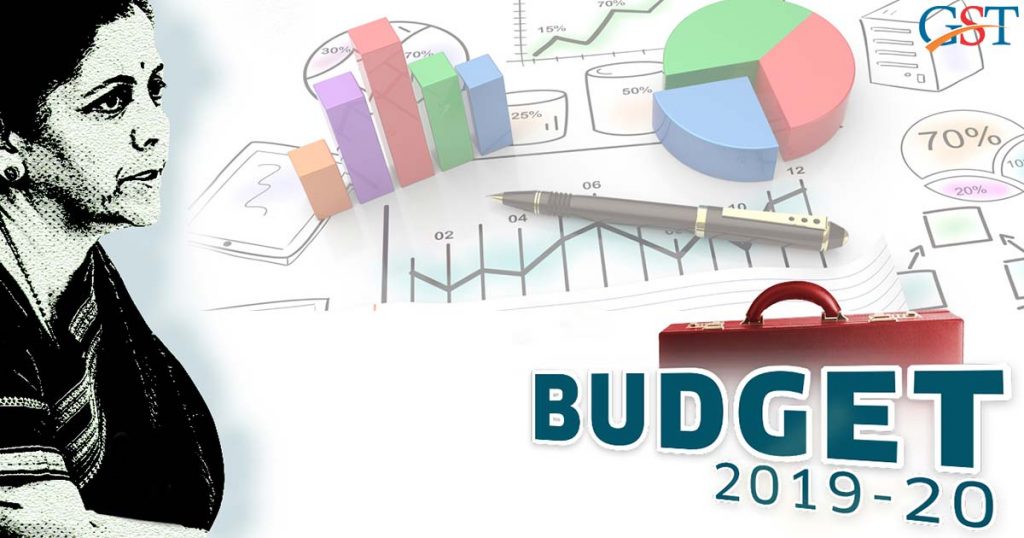
One of the Kirana merchants who is engaged in the business of selling pulses, spices, and dry fruits in the APMC market, in Vashi Mumbai, doesn’t seem to people these days with the current GST system enforced by the central government.
This particular medium scale retailer has been active in APMC, Mumbai, for the last three decades but expressed deep melancholy when discussed about his business sales figures in the past three years.
The APMC trader stated, “There is no demand, the big malls are pulling away our customers. We used to do Rs 2 lakh business on a daily basis; we are not even doing Rs 50,000 these days.”
The APMC merchant business has been performing poorly in the past two years due to steep competition and a general slowdown in consumption by Indian customers. This small merchant is also facing intense competition from both large online & offline retailers.
To be more specific, the introduction of Goods and Service Tax (GST) by the central government alongside the promotion of digital transactions has worsened the situation of mostly every small & medium scale traders in India, who transacts in cash daily and find it difficult to file GST returns.
“We are not against GST, but we expect the government to simplify the filing procedure,” said the APMC retailer.
To add more, the increasing usage of digital wallets and electronic swiping machines post demonetization has been made it difficult for the small traders to stay in the market.
The APMC trader, on this issue, said, “I find it difficult or most uncomfortable with using cards and electronic payment systems, for small traders like us, cash is easier and way to go in business.”
Those who don’t know, APMC market in Mumbai is one of the largest wholesale market in Asia, spread across 300 hectares, where traders deal in fruits, pulses, vegetables, food grains, onion and potato, spices, and sugar. It is an evergrowing place where farmers sell their produce whereas wholesalers & retailers sell farmer-sourced items to general customers. Although, the imposition of the GST system, steep competition from large multi-chain retailers, and economic slowdown has put down brakes on the business profits of small traders here.
Read Also: Know All About New GST Return Filing System
Well, it’s not only this particular small trader from APMC market in Mumbai who has found it difficult to deal with the GST burst, but other traders in the country also have similar tales.
A similar situation has been faced by small & medium traders in other retail sectors too.
For instance, an anonymous trader from fast-moving consumer goods (FMCG) section at Dana Bazar expressed his grief that with the current GST regime, he always needs a tax expert & accountant for the bookkeeping purpose, in an attempt to make consistency while filing his tax returns.
“Tax filing under the new GST system is not at all easy, and we always need a tax expert to fulfil that purpose. It had increased our costs, while our business hasn’t seen any improvement,” said the anonymous FMCG trader at Dana Pani. The business of this particular FMCG trader has dropped 20 per cent as expressed by him.
Similarly, a rice & wheat trader, who wanted to stay unidentified said, “The traders were never ready, when GST was introduced, as most of us have never used computers. Glitches were evident in the GST portal, classification of goods and their tax slabs was unclear, refunds were not easily coming and return forms were complicated too.”
The unnamed rice & wheat trader, further said, “I agree that situation has improved now, but still it would be better if the government work towards a more simpler tax filing system. We all want to see GST consolidation under three slabs of zero percent, five percent, and 16 percent.”
The life of small traders has not been easy at all with the current GST system imposed by the ruling party, i.e., BJP and majority of the ruling NDA government in the country.
There are close to seven crore small and medium scale traders in the country who offers employment to approx 45 crore people in India by generating an overall net business profit of INR 42 lakh crores. Despite this, the community feels that they were sidelined by the governed without putting their interests on the table. They also feel dejected due to the witch-hunt on them by tax authorities.
Keeping the small & medium traders interest in the account, the central government this year has double the exemption limit for traders who have an annual turnover between INR 20 lakh to 40 lakh. To decrease the compliance burden, the eligibility for composition scheme has also been stretched till 1st April 2019 for the small businesses having an annual income of INR 1.5 crores. Traders enrolled under GST composition scheme are now allowed to file their annual returns on a quarterly basis.
Despite such efforts, the traders are still ungratified and want the government to do more.
The proposal for simplification in the filing of GST returns has been recently put forward by The Confederation of All India Traders (CAIT), who represents the country-wide traders on a big stage.
CAIT is in constant talks with the current ruling government and newly appointed Finance Minister to stretch the tax exemption limit from INR 2.5 lakh to somewhere between INR 5 lakh to 7 lakh for small & medium traders, owing to constantly increasing consumer index price in past many years. Apart from this, CIAT has also forced the central government to fulfil its promise of offering INR 50 lakh loan without any collateral for small & medium traders.
The Indian small & medium traders are also demanding the ruling government to stop permitting the foreign direct investment in the retail & e-commerce sector, eating a vast chunk of their business currently.